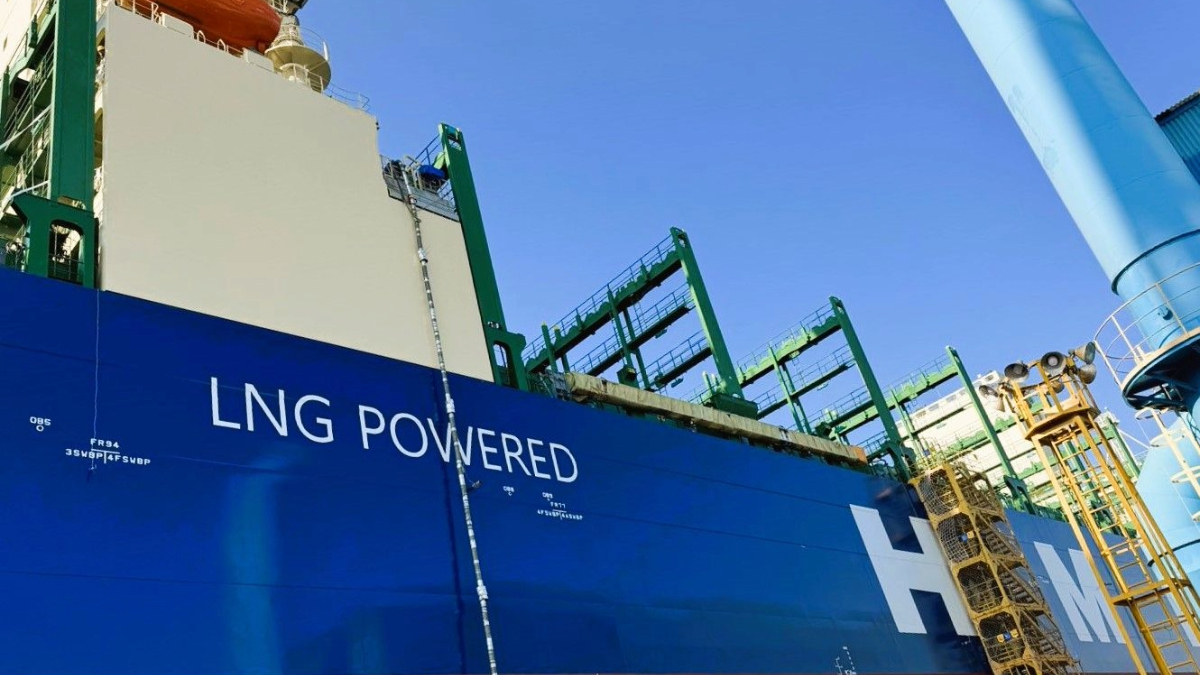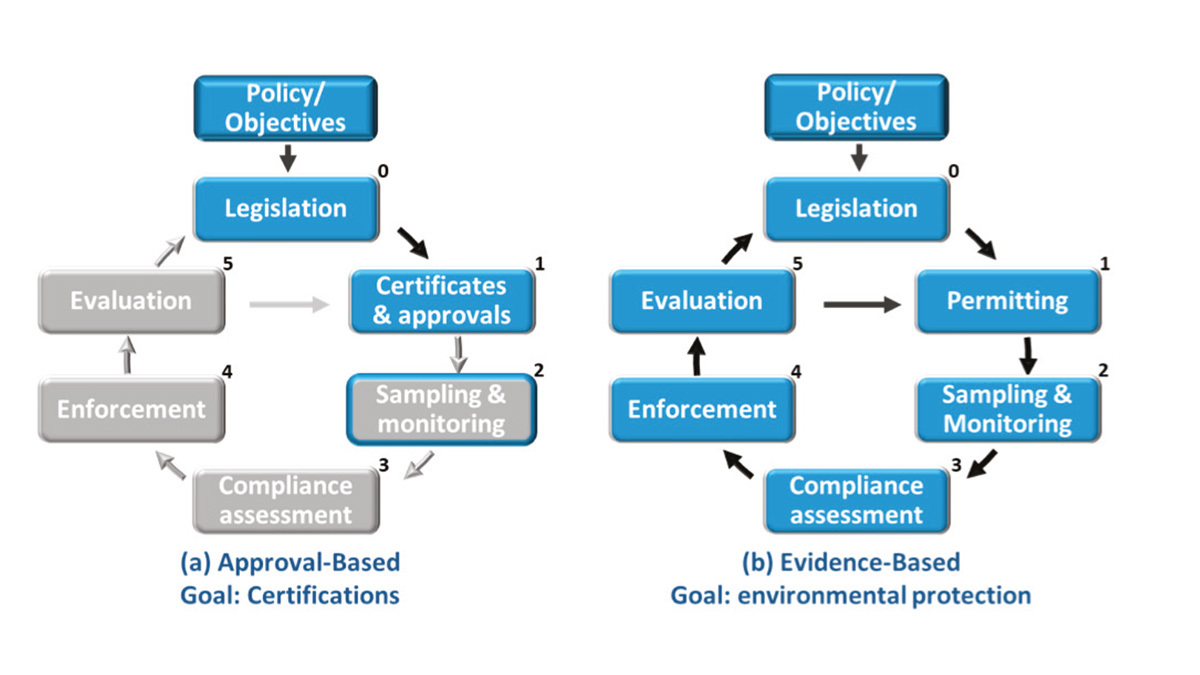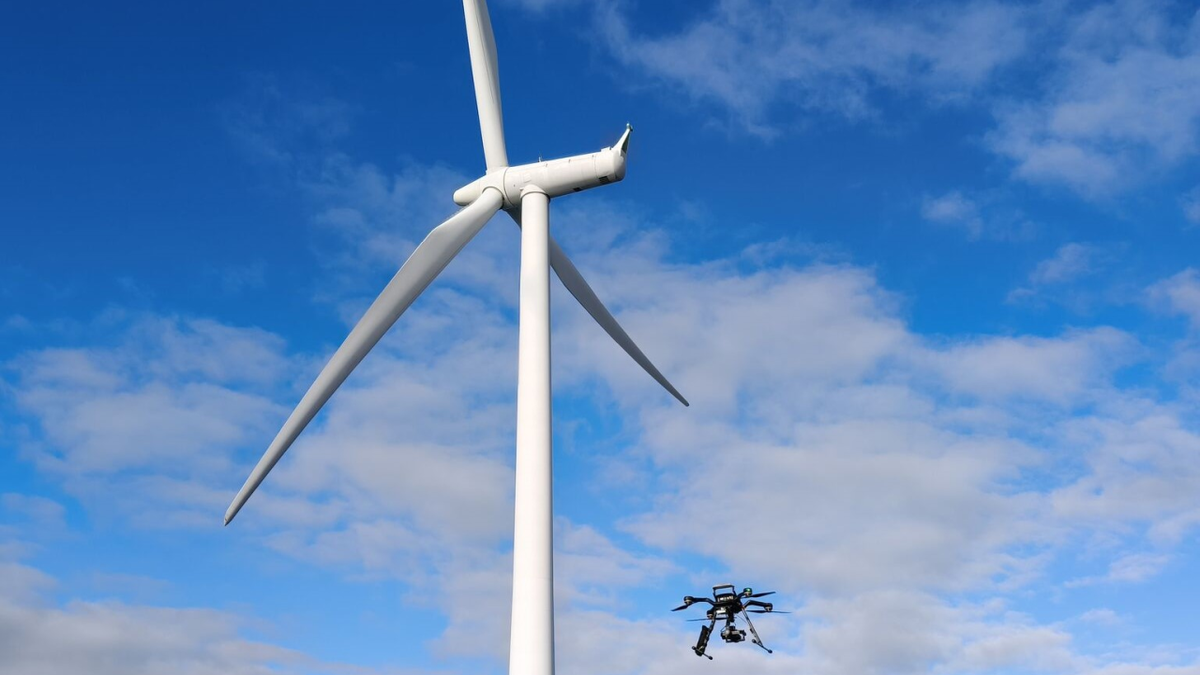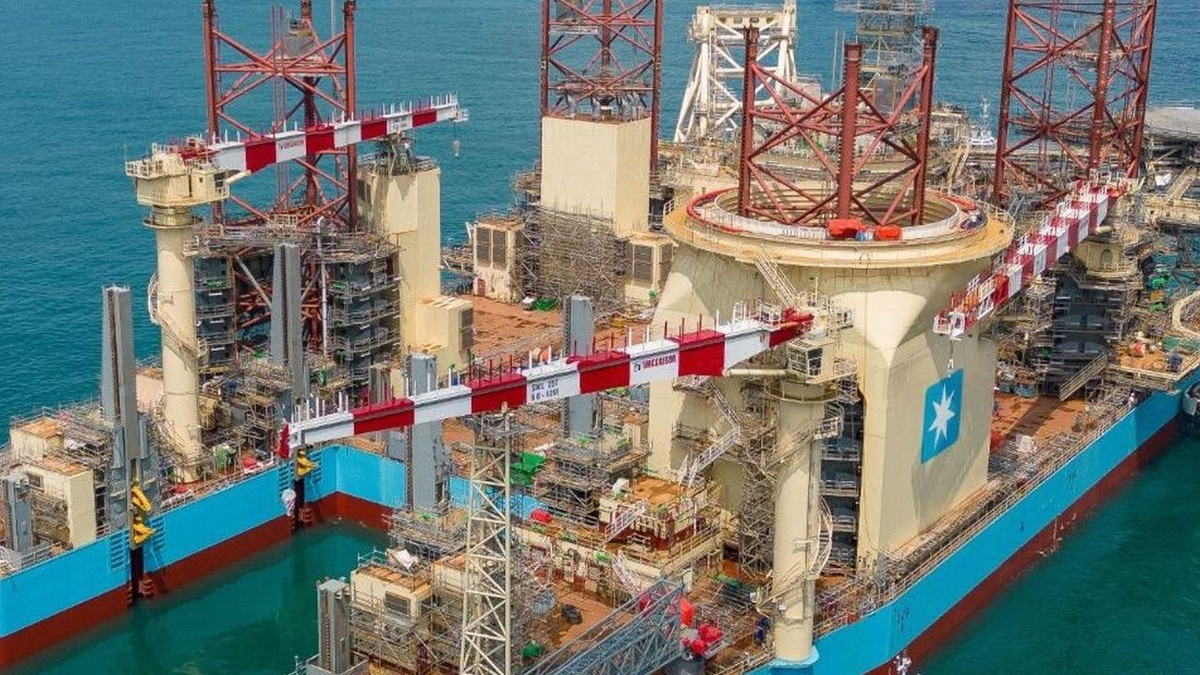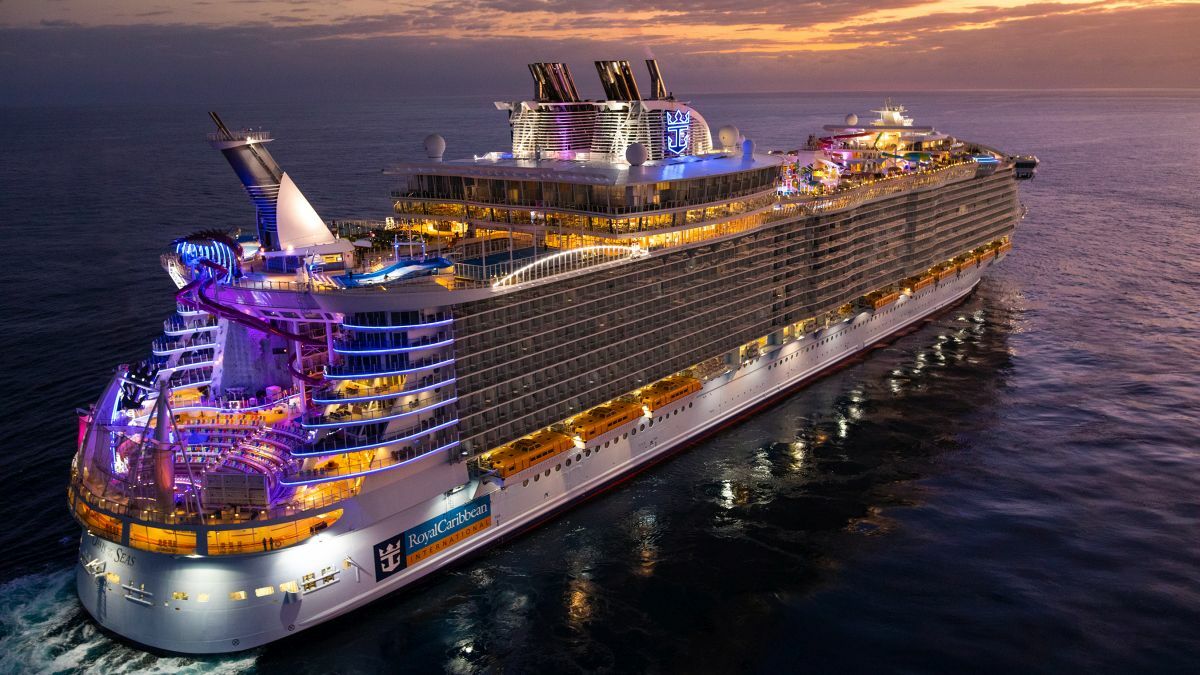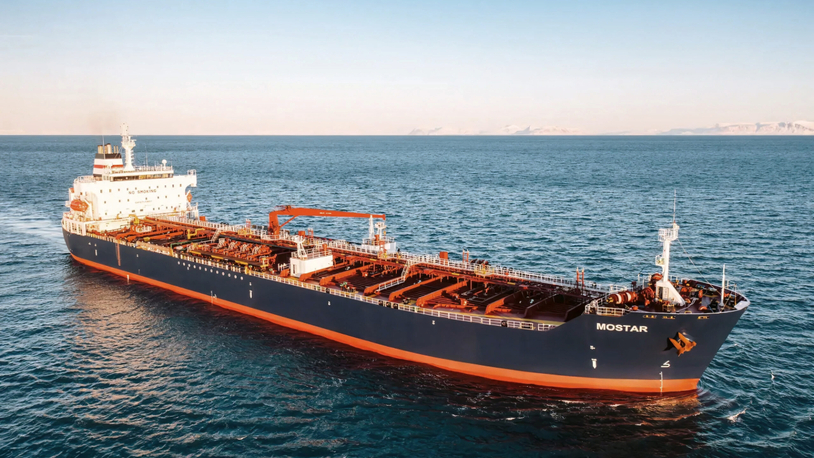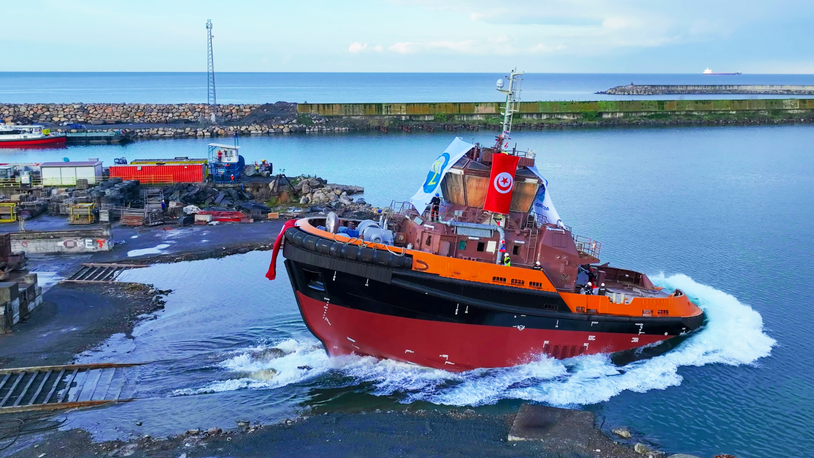Business Sectors
Events
Floating energy: successfully unlocking stranded gas using FLNGs and FSRUs
Contents
LNG still leads Greek owners’ gradual shift to alternative fuels
LNG is at the forefront of Greek shipowners’ cautious transition toward alternative fuels, dominating both the active fleet and the orderbook, while methanol is also gaining a notable share
In its latest weekly report, Greek shipbroker Intermodal reported as of July 2025, approximately 8% of the total Greek-owned fleet (in dwt terms) is capable of burning alternative fuels. Nearly 80% of this alternative-fuel-capable tonnage is LNG-capable or LNG-ready, with the remaining vessels equipped for methanol, LPG, or ammonia.
In the Greek orderbook, which comprises 642 vessels totalling 583M dwt, more than half of the tonnage is designed to operate on alternative fuels. Of this, around 70% is LNG-capable or ready, while methanol accounts for 12% of the alternative-fuel tonnage.
Shipbroking and market sources note container ships and LNG carriers are leading the transition, with tankers also showing significant exposure. However, recent tanker orders reported by Riviera, including Dynacom and New Shipping’s deals for Suezmaxes in China, remain conventionally fuelled.
Intermodal also observed 36% of the existing Greek-owned fleet is scrubber-fitted, while 56% of the under-construction tonnage is expected to include scrubbers.
Global fleet trends
On a global scale, Intermodal’s data shows continued growth in the adoption of alternative fuels. As of mid-2025, there are 2,455 vessels totalling 133M dwt capable of burning alternative fuels – accounting for 5.4% of the total fleet by dwt, up from 4.5% in 2024 and 3.7% in 2023.
LNG continues to dominate, with 1,421 vessels totalling 107M dwt – representing 80% of the alternative-fuel fleet. Other alternative fuels in use include methanol, ammonia, and battery-electric systems.
In the global orderbook, 41% of the under-construction tonnage is alternative-fuel capable, up from 37% year on year. Among the 1,924 vessels on order (representing 161M dwt), 1,007 vessels – or 106M dwt – are LNG-capable, accounting for 66% of all alternative-fuel orders.
Adoption rates vary significantly by vessel type. Around 20% of bulk carrier orders are for alternative-fuel vessels. This figure rises to 35% for tankers and 73% for container ships. All new LNG carrier orders are, by default, LNG-capable.
Notably, scrubbers remain a widely adopted emissions-reduction solution. As of July 2025, 6,532 vessels totalling 764M dwt are equipped with scrubbers – representing 31% of the global fleet, up from 29% year-on-year. This marks a dramatic rise from 2019, when less than 1% of the fleet was scrubber-fitted.
Sign up for Riviera’s series of technical and operational webinars and conferences:
- Register to attend by visiting our events page.
- Watch recordings from all of our webinars in the webinar library.
Related to this Story
Events
Maritime Regulations Webinar Week
Floating energy: successfully unlocking stranded gas using FLNGs and FSRUs
© 2024 Riviera Maritime Media Ltd.


